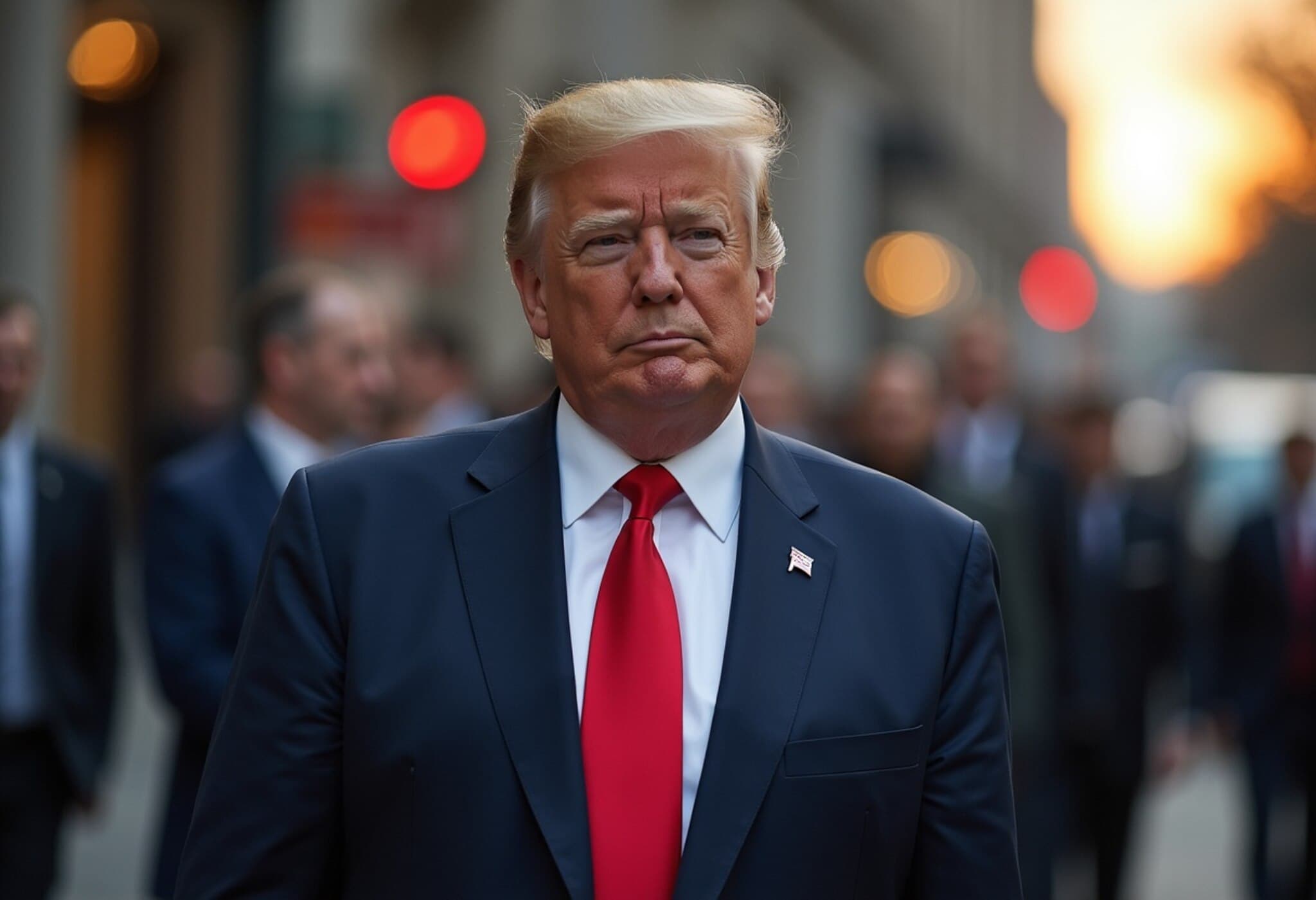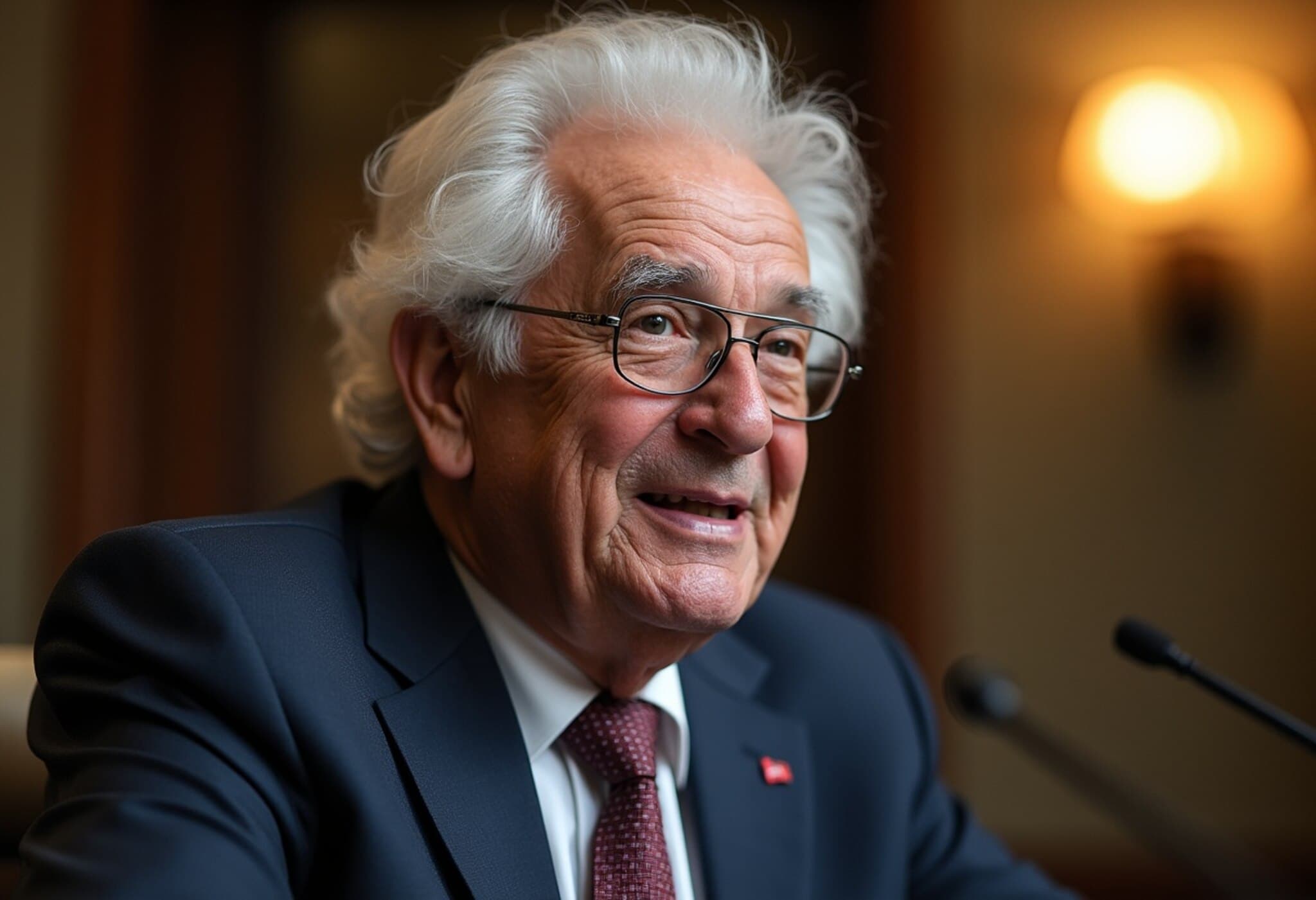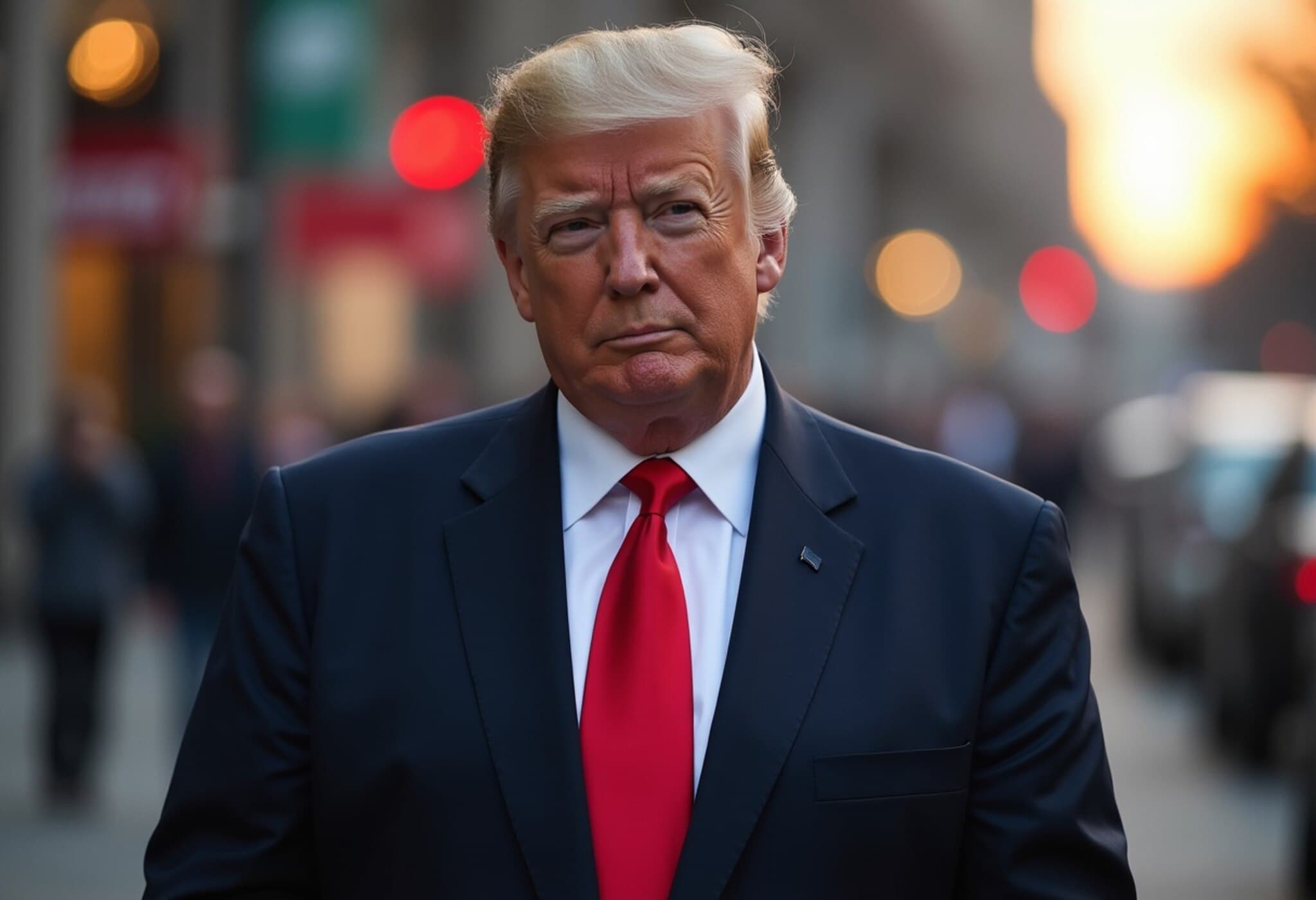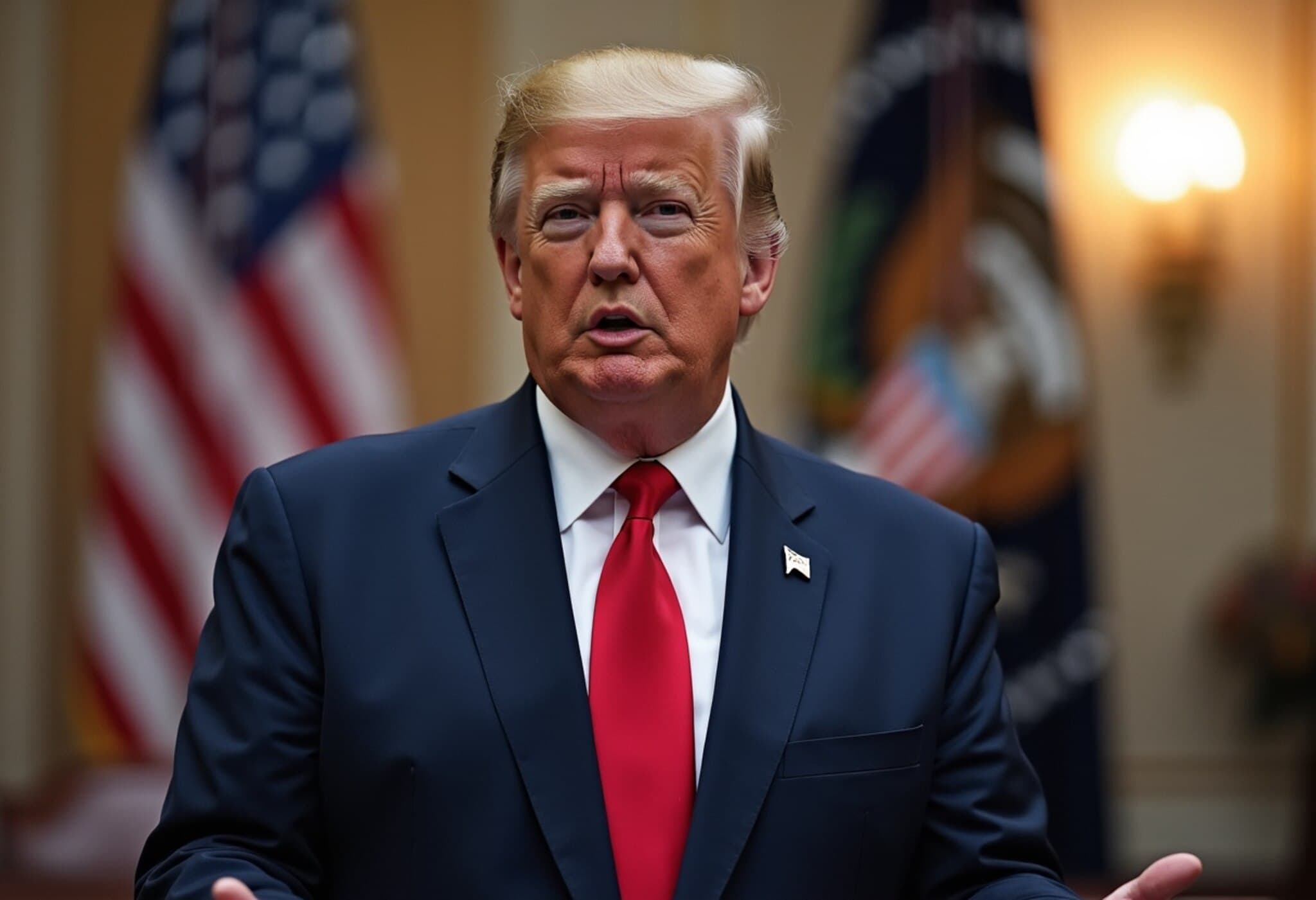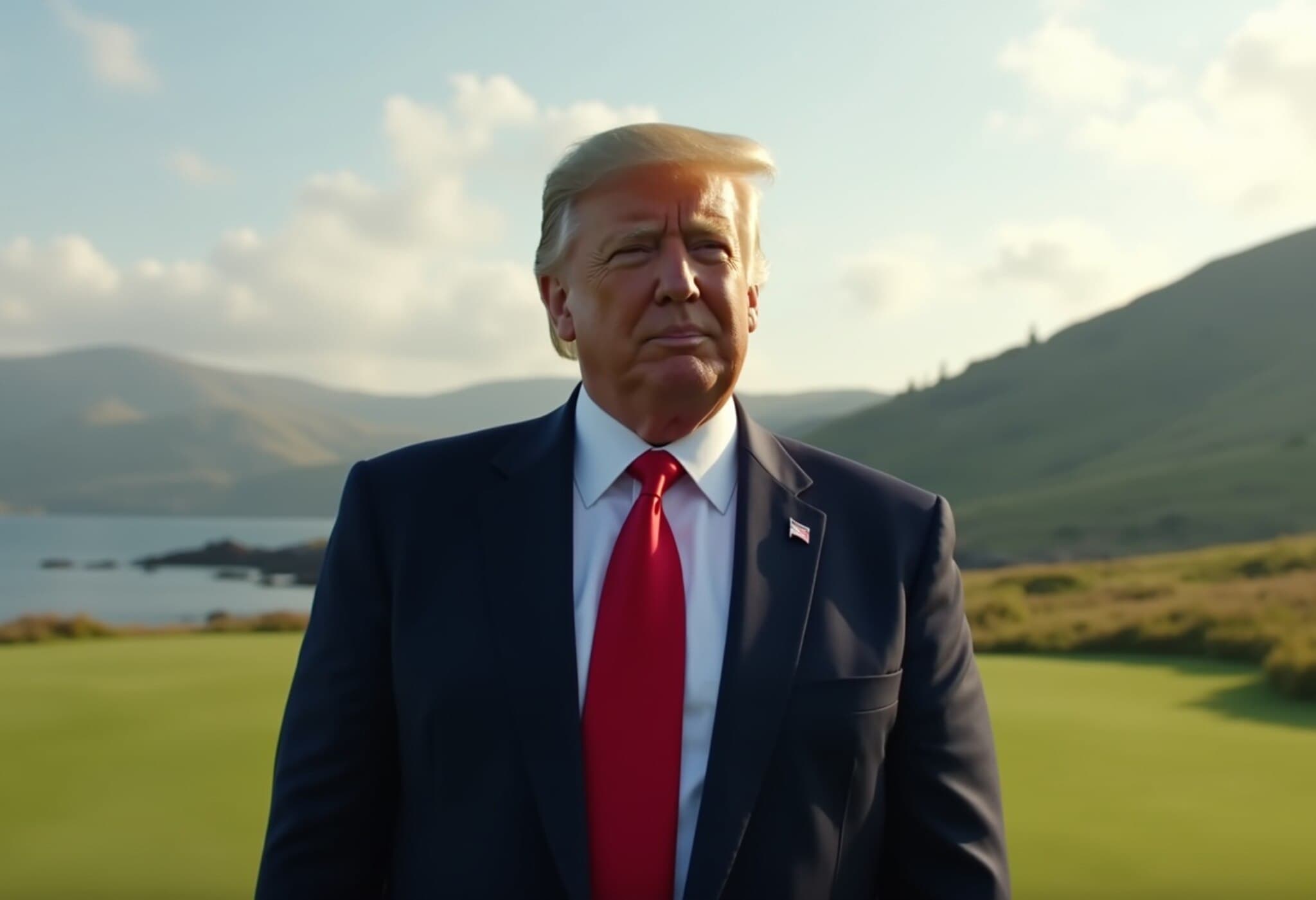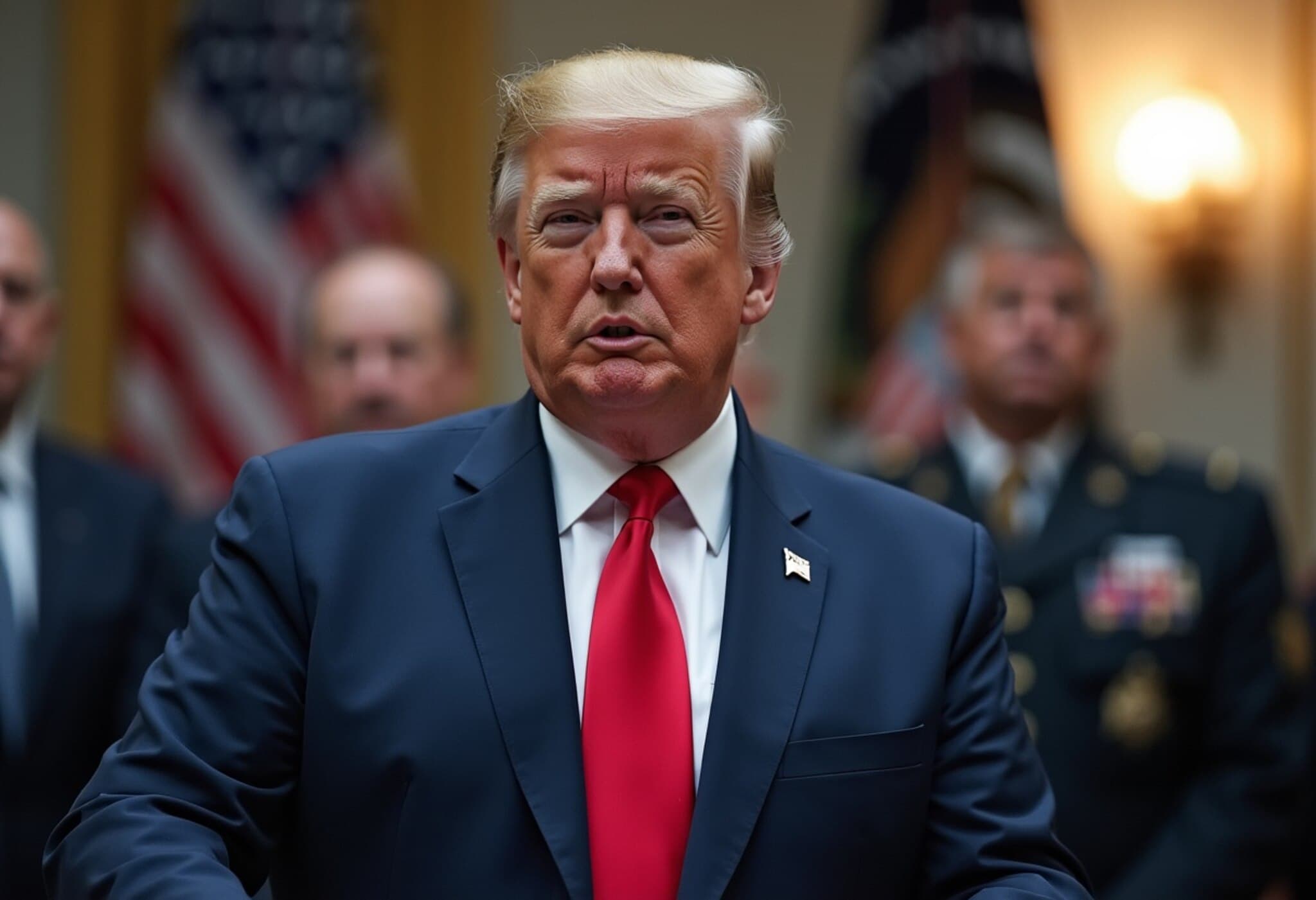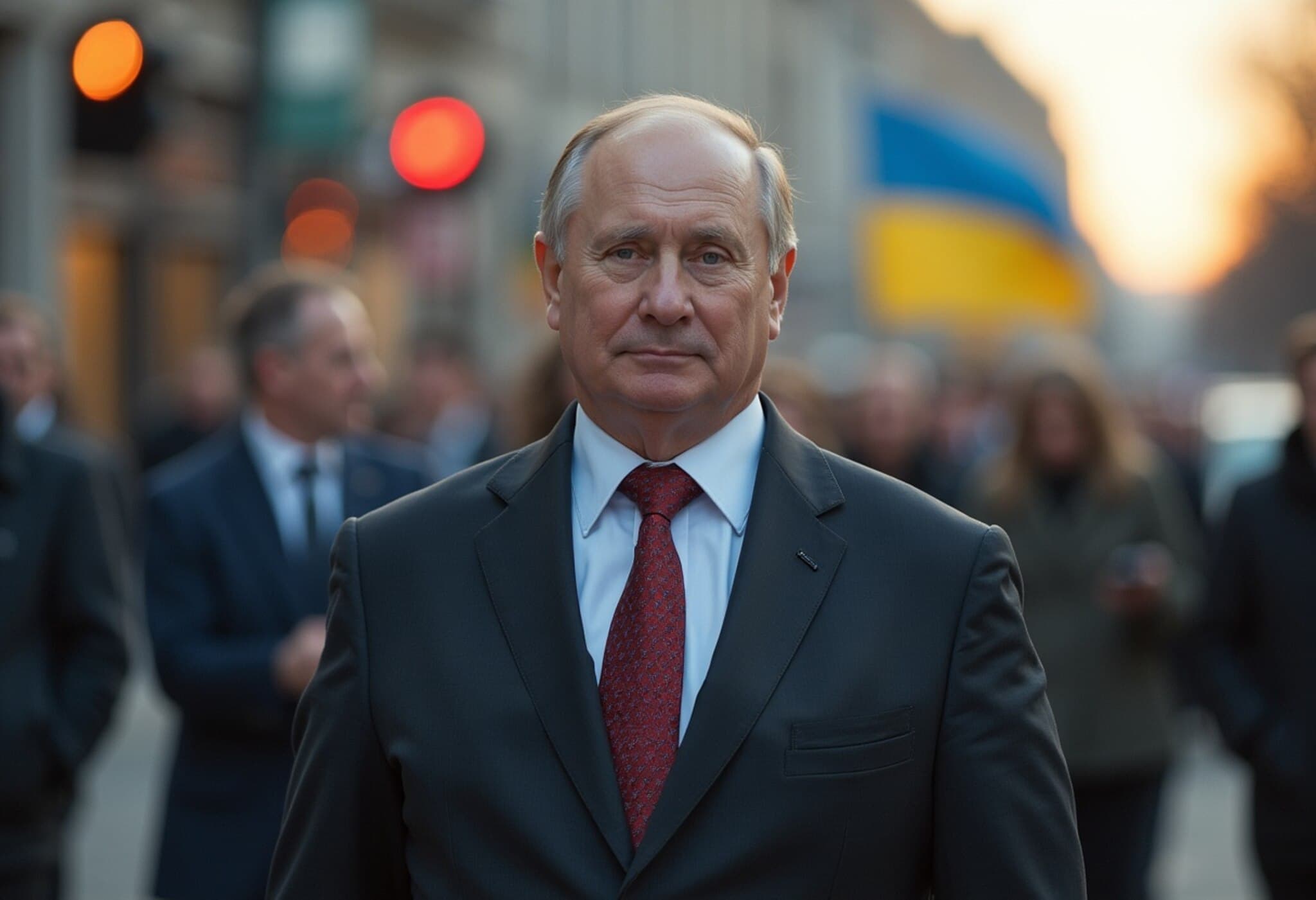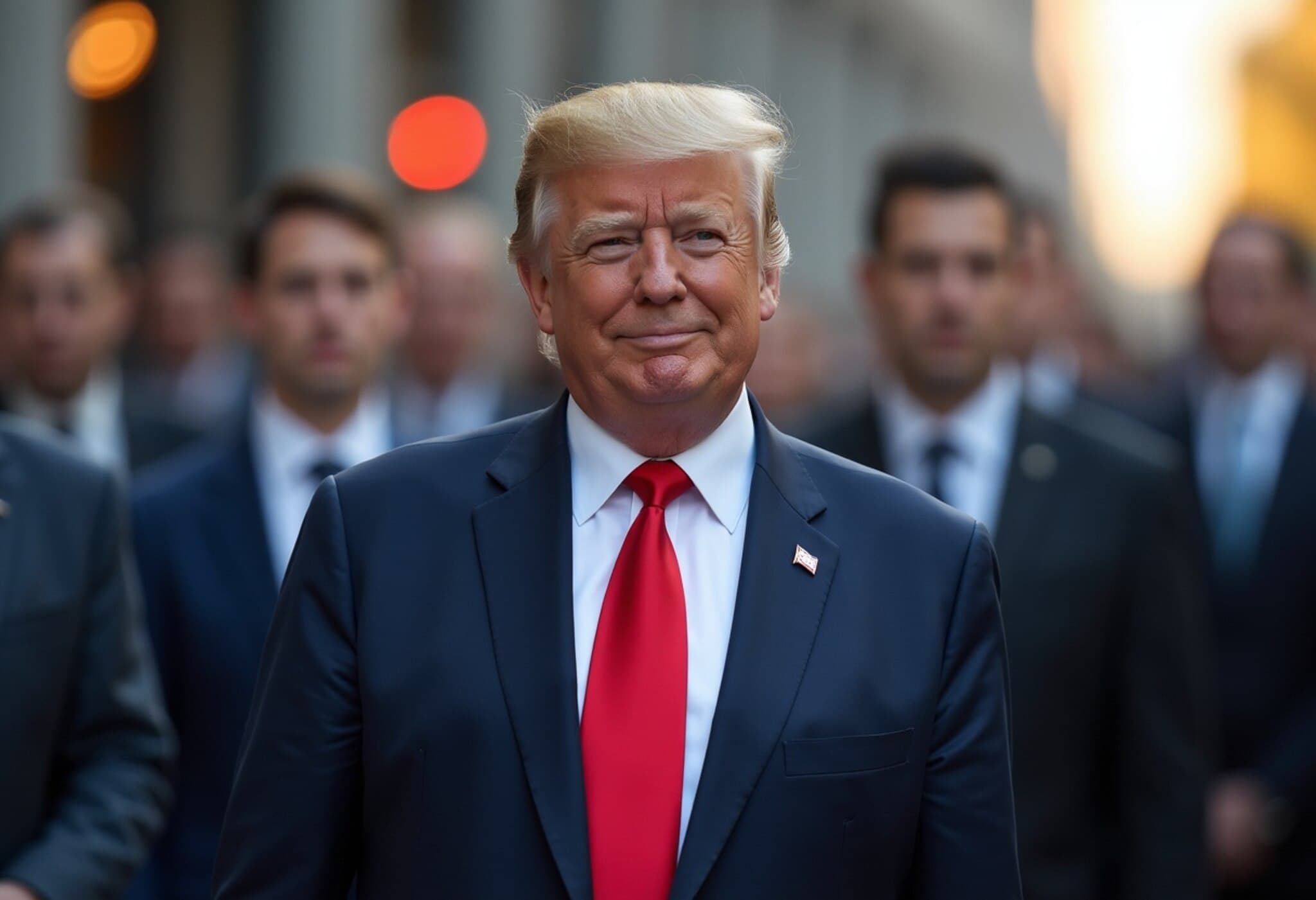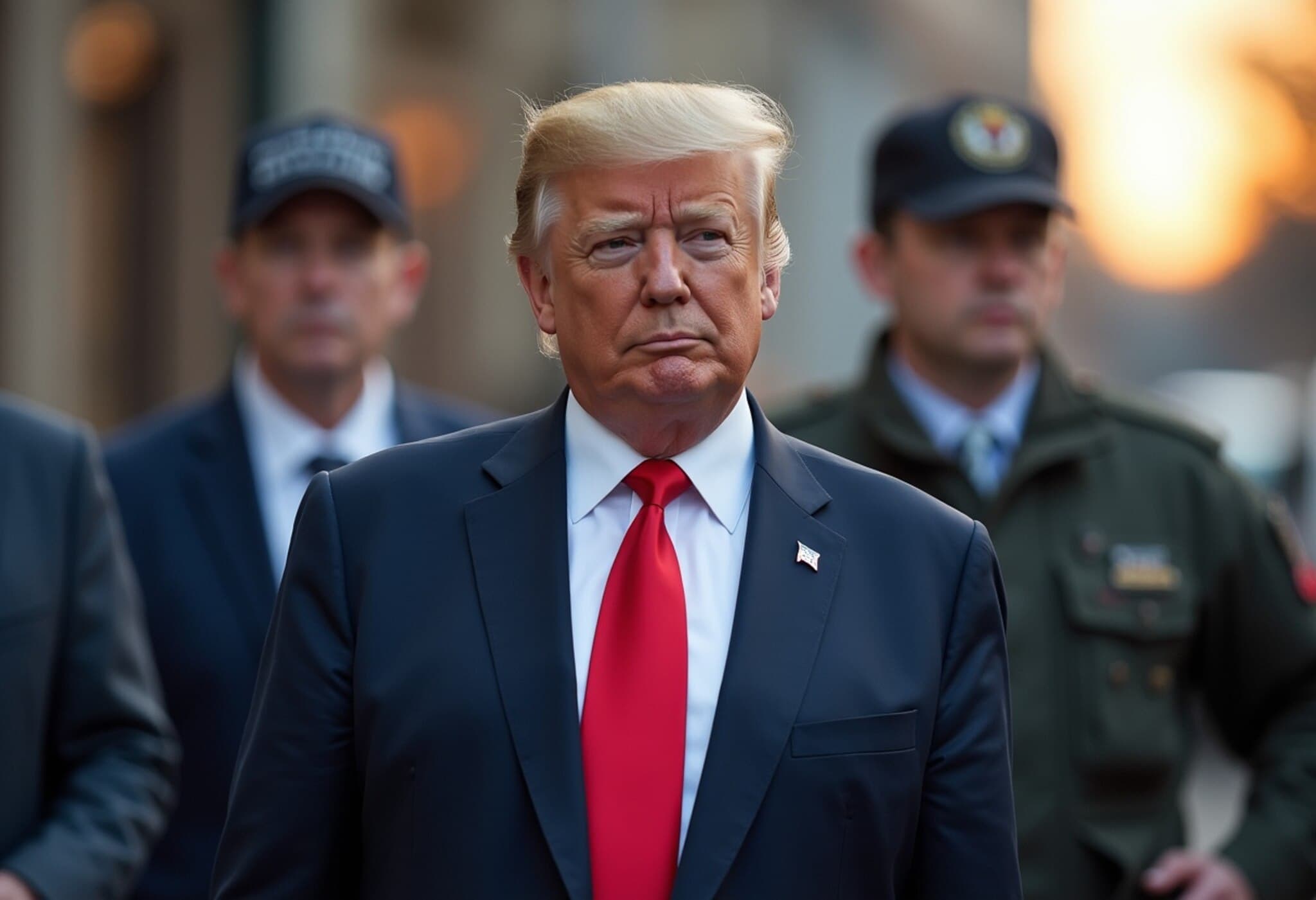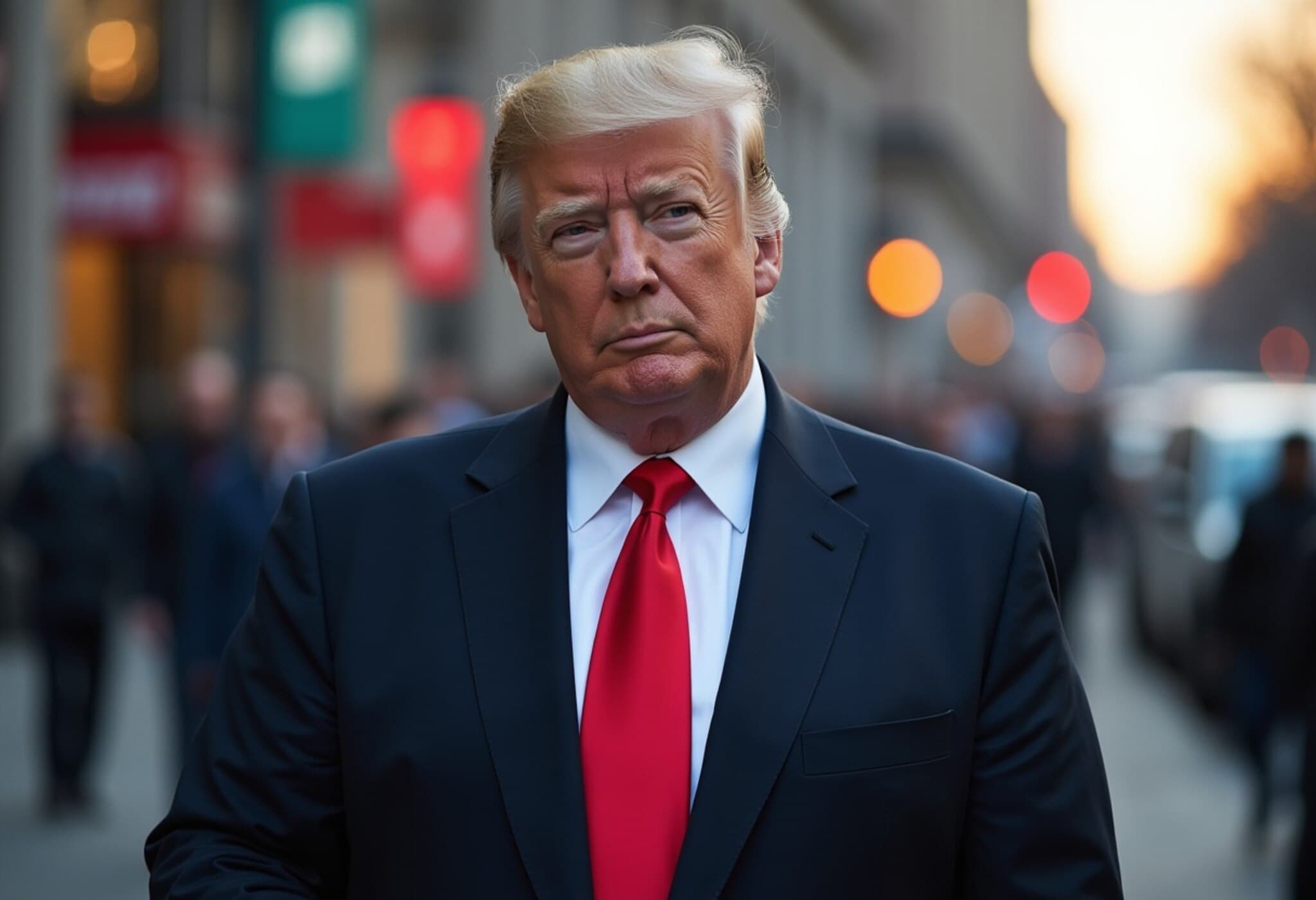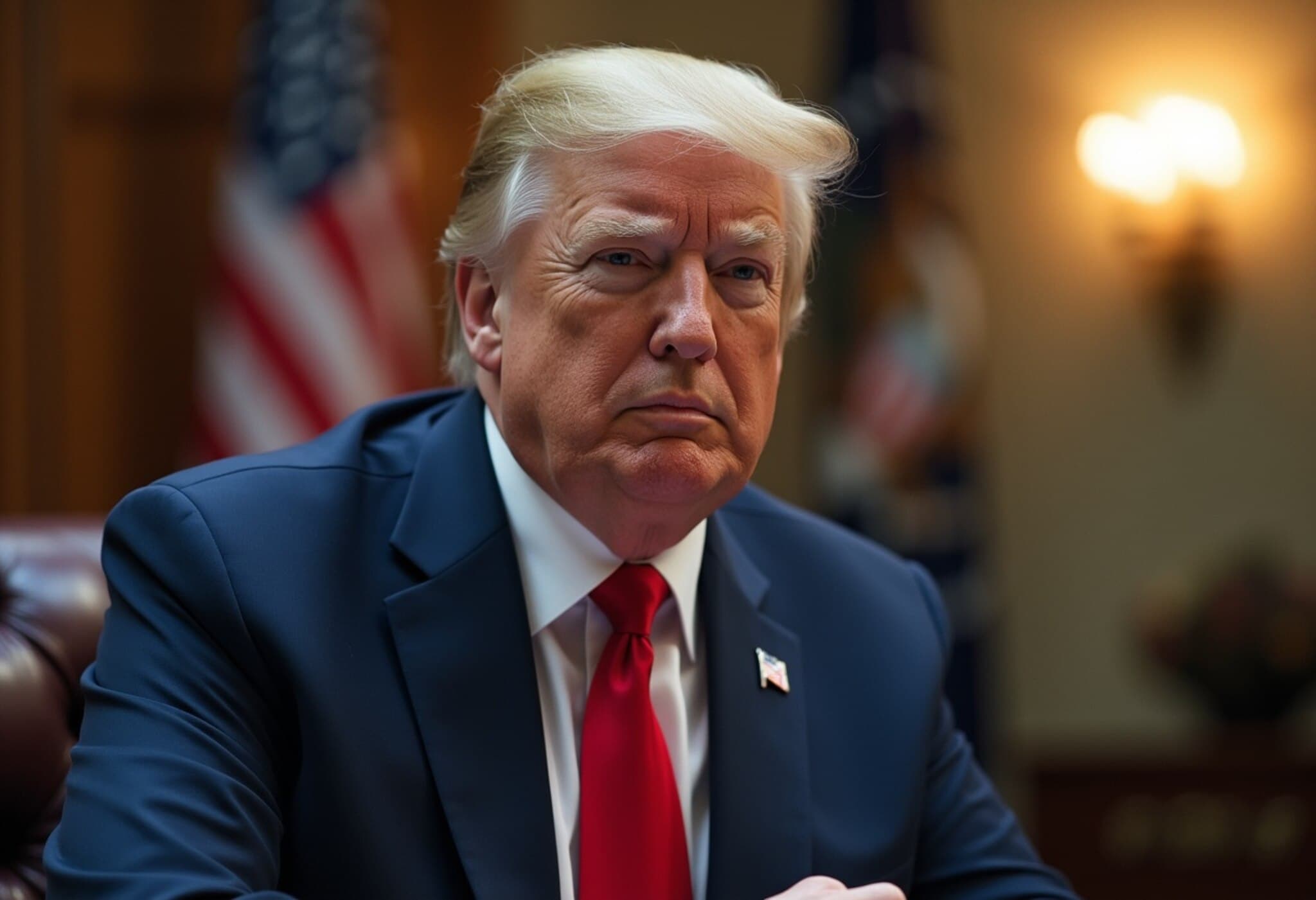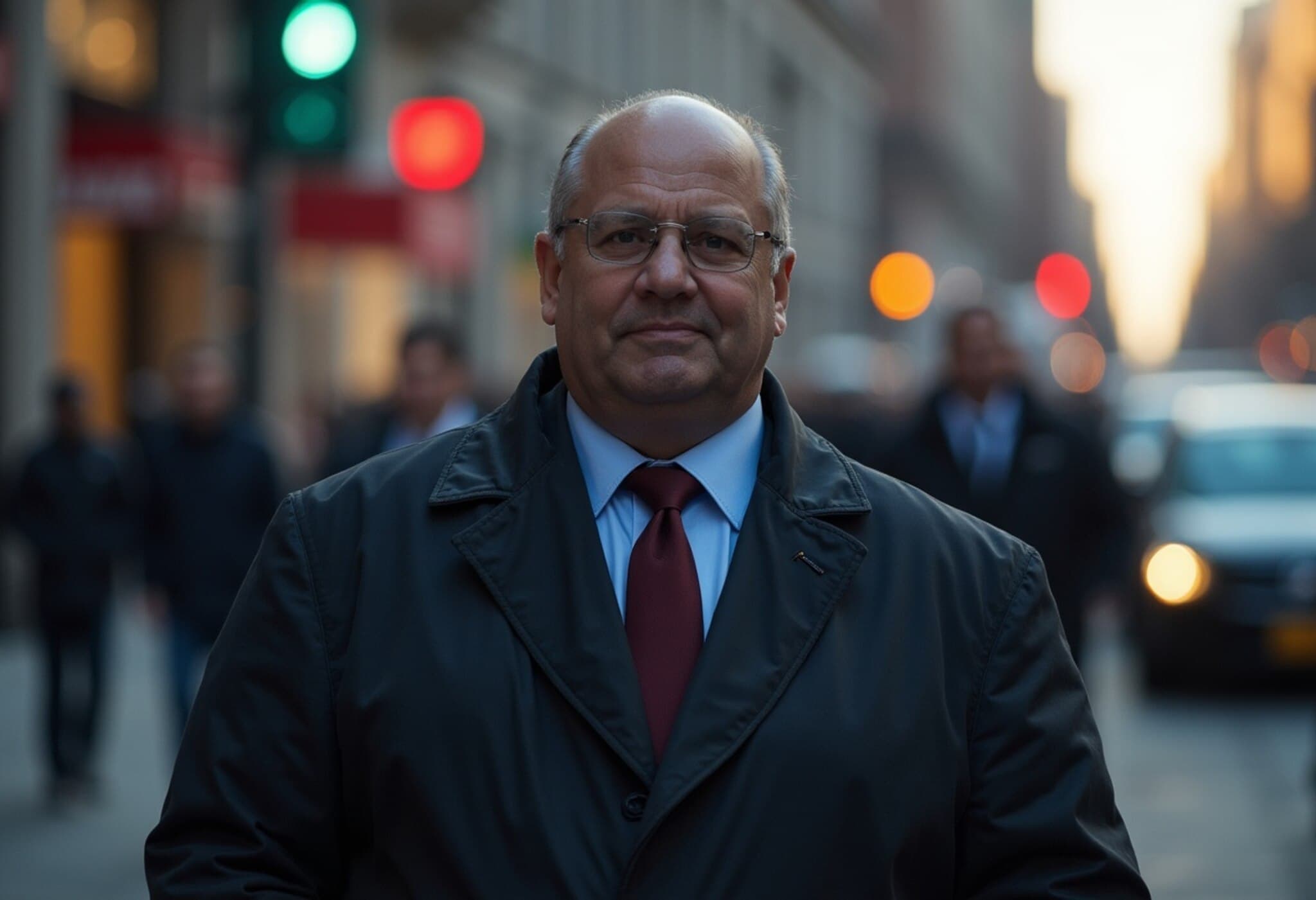Trump Administration's Approach to Russia Sanctions: Balancing Pressure and Diplomacy
Despite mounting calls from European allies to escalate sanctions against Russia, the Trump administration appears hesitant to tighten economic restrictions further. Secretary of State Marco Rubio recently highlighted the importance of preserving diplomatic channels, emphasizing that harsher sanctions could jeopardize potential peace negotiations surrounding the ongoing conflict in Ukraine.
Rubio Urges Caution to Keep Diplomatic Doors Open
In a recent interview, Rubio warned that imposing additional sanctions might undercut efforts to engage Russia in ceasefire discussions. "If we were to impose the maximum sanctions pressure, we risk losing our ability to communicate," Rubio explained. This stance underscores the administration's desire to maintain flexibility while navigating a complex geopolitical landscape.
Rubio reiterated that none of the existing sanctions on Moscow have been lifted, maintaining a firm stance on economic restrictions. However, he stressed the need for balance, stating, "We want to keep the door open for negotiations because conceding to all demands now would signal that a diplomatic resolution isn’t forthcoming anytime soon."
White House Considers Dramatic Tariffs on Russian Energy Imports
Meanwhile, the administration is collaborating with Senator Lindsey Graham on a legislative measure that could impose a staggering 500% tariff on products—such as oil, gas, and uranium—from countries continuing to import Russian resources without Moscow engaging in genuine peace talks. This proposed tariff aims to raise the economic cost on Russia's international partners and push for renewed negotiations.
Rubio noted that this tariff framework would include enough flexibility for the president to respond dynamically, saying, "We want the ability to impose sanctions effectively while keeping strategic options open."
Russia’s Military Ambitions Vs. Diplomatic Challenges
Describing Russia's current strategy, Rubio suggested Moscow is betting on military gains to secure territorial demands that have thus far eluded diplomatic agreement. "Russia seems intent on achieving on the battlefield what has been denied at the negotiating table," he said, referring to Russia’s goals to maintain administrative control over contested regions.
Despite these ambitions, Rubio remains skeptical about Russia's prospects for success, underscoring that achieving these objectives will likely prove far more difficult than Moscow anticipates.
The Road Ahead
The Trump administration's cautious approach reflects a complex balancing act — applying economic pressure on Russia while keeping the possibility of ceasefire talks alive. As tensions continue in Eastern Europe, the unfolding diplomatic and economic maneuvers will be critical in shaping the conflict’s future trajectory.

